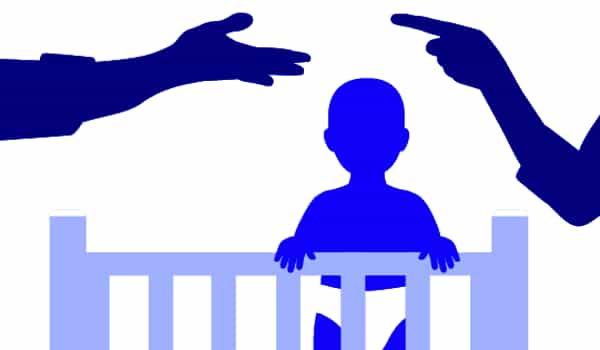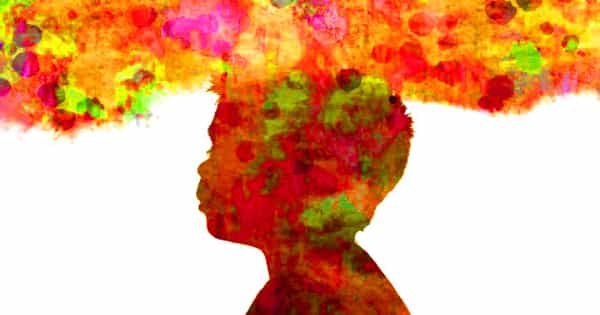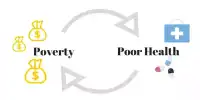Researchers discovered that youth who witness a parent’s abuse of a brother or sister can be just as traumatized as those who witness violence by a parent against another parent. Such exposure has been linked to mental health issues such as depression, anxiety, and rage.
According to a national study conducted by the University of New Hampshire, children who witness a parent’s abuse of a brother or sister can be just as traumatized as those who witness violence by a parent against another parent. Such exposure has been linked to mental health issues such as depression, anxiety, and rage.
The research on the consequences of witnessing domestic violence has primarily focused on inter-adult violence, particularly violence against mothers. The potential consequences of witnessing violence to siblings have largely gone unnoticed. Based on clinical experience, we wanted to see if witnessing violence against siblings had the same impact as witnessing violence against mothers.
A new study from the University of New Hampshire showed that children who witness the abuse of a brother or sister by a parent can be just as traumatized as those witnessing violence by a parent against another parent.
“When we hear about family violence, we usually think of someone being the victim of direct physical abuse or witnessing a spousal assault,” said Corinna Tucker, professor of human development and family studies. “However, many children witness abuse of a sibling without being a direct victim, and it turns out that when we tally the effects of family violence exposure, we should be thinking more about these dynamics.”
The researchers used combined data from three national surveys to look more closely at the experiences of over 7000 children ranging in age from one month to 17 years old in their study, which was recently published in the journal Child Abuse & Neglect. This included an incident in which a child witnessed a parent hitting, beating, kicking, or physically harming (excluding spanking) a sibling in their household over the course of their lifetime. Of the 263 (3.7%) youth who had witnessed parental abuse against a sibling (EPAS), 70 percent witnessed abuse by fathers rather than mothers.

Boys and adolescents were more exposed, as were those whose parents had some but not all of their college education. Families with two biological or adoptive parents had the lowest rate. There was no difference in rates based on race or ethnicity. Youth who were exposed to EPAS had higher levels of mental distress such as rage, anxiety, and depression.
“EPAS may be part of a larger family climate of violence in some families,” Tucker said. “As more family members are exposed to violence in the home, there may be less emotional security among family members, as well as fewer opportunities for children to observe, learn, and practice healthy stress responses.”
The abuse was also more prevalent in single-parent households. There was no difference in rates based on race or ethnicity. “Exposure to parental abuse against a sibling may be part of a larger family climate of violence in some families,” Tucker said. “As more family members are exposed to violence in the home, there may be less emotional security among family members, as well as fewer opportunities for children to observe, learn, and practice healthy stress responses.”
The study’s authors advocate for practical and clinical measures to identify and support children who have witnessed parental abuse of a sibling.
This study, according to the researchers, highlights the unique contribution of EPAS to feelings of fear and mental health distress in children and adolescents. They hope it will change people’s minds about domestic violence by recognizing EPAS as a form of indirect exposure and calling for practical and clinical applications such as asking siblings about their exposure to the violence, increased education and encouragement for parents, particularly fathers, and ways for exposed children to help by supporting siblings and feeling safe telling the truth.















